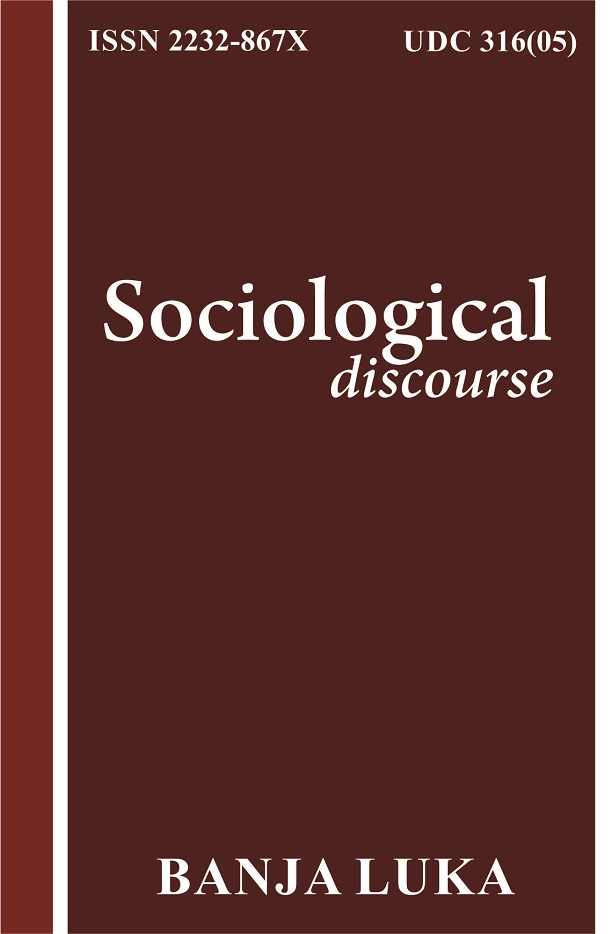Education as a mechanism of social inclusion - The role of education in reducing the risks of social exclusion -
DOI:
https://doi.org/10.7251/SDENG1611093SAbstract
The author is addressing the social inclusion, as a prerequisite for
the optimal satisfaction of human needs (from biological to social),
respectively the mechanisms by which individuals and social groups
are involved in the wider community, and that are giving them the
rights and the opportunities to achieve integration in one or more
social systems (democratic - legal, labor - market, social welfare system,
family system and the local community system). The dimension
of social inclusion (education, employment, health, etc.) to which the
author’s analysis will be oriented is education, because the inclusion
in the education system (either as a teacher or professor, either as
a student) is to partake in the ‘sociopolitical context’. So it will be
drawn the attention to the link between the education with the economic
(employment) and the socio-cultural (social inclusion) space,
in order to emphasize the importance of including in the all three
mentioned areas, with aim of reducing the risk of social exclusion
and its overcoming. Therefore, the inclusive education and lifelong
learning, as mechanisms of social inclusion and reducing the risks of
social exclusion, are the main assumptions that this work proceeds.
